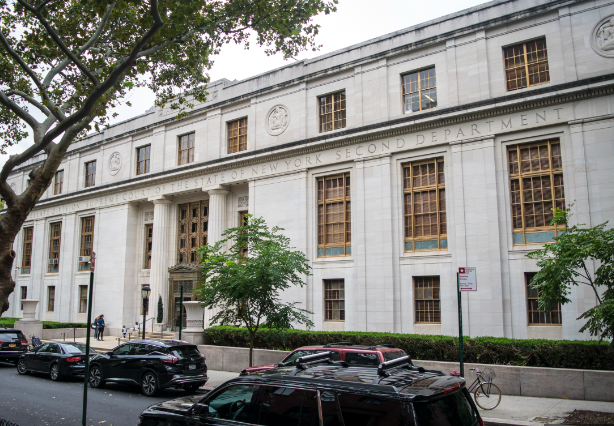Latest decisions from the Appellate Division, Second Department

No prior notice, no case: Brooklyn Appellate Division affirms dismissal of injury claim
The Appellate Division, Second Department has upheld the dismissal of a personal injury lawsuit brought by Zacheria Elsaid against the City of New York and related municipal departments. The case, initially heard by Justice Gina Abadi of the Supreme Court, Kings County, involved Elsaid, who alleged he sustained injuries from a motorcycle accident caused by a road defect at 18th Avenue and 50th Street in Brooklyn.
Elsaid’s claim was that the City of New York, along with the New York City Department of Transportation and the New York City Department of Environmental Protection, failed to maintain the roadway adequately. However, the crux of the legal issue revolved around the requirement of prior written notice of the defect, a prerequisite for such claims under Administrative Code of the City of New York § 7-201(c). The city defendants successfully demonstrated that no such notice had been received.
The Appellate panel, comprising Justices Valerie Brathwaite Nelson, Joseph J. Maltese, Deborah A. Dowling and Helen Voutsinas, concurred with the lower court’s finding, emphasizing the lack of evidence provided by Elsaid to counter the city’s records indicating no prior report of the roadway issue.

Brooklyn Heights
View MoreRead the Brooklyn Height's Press and Cobble Hill News. Find out more about Brooklyn Height's History here.